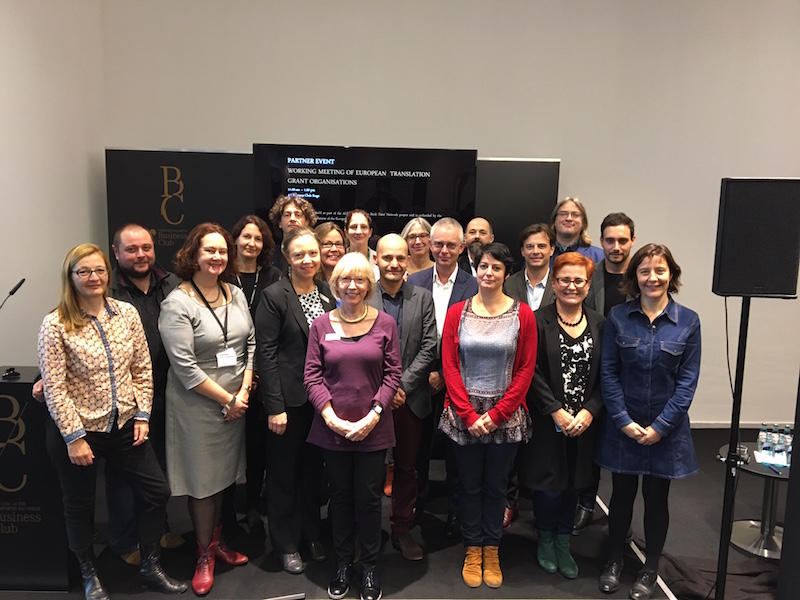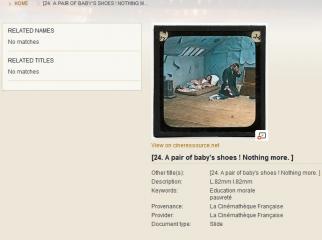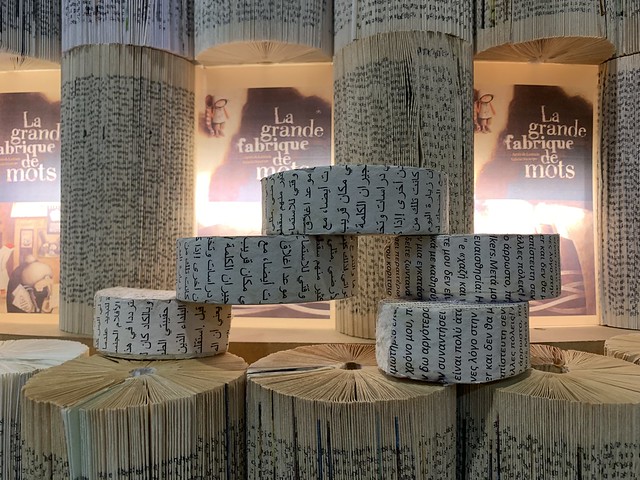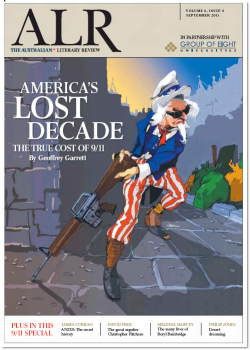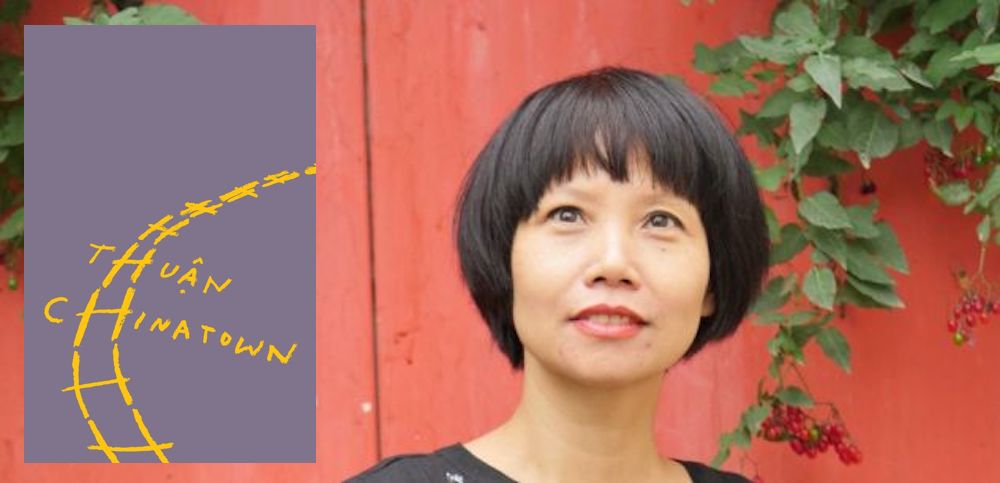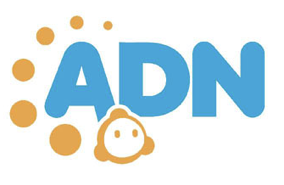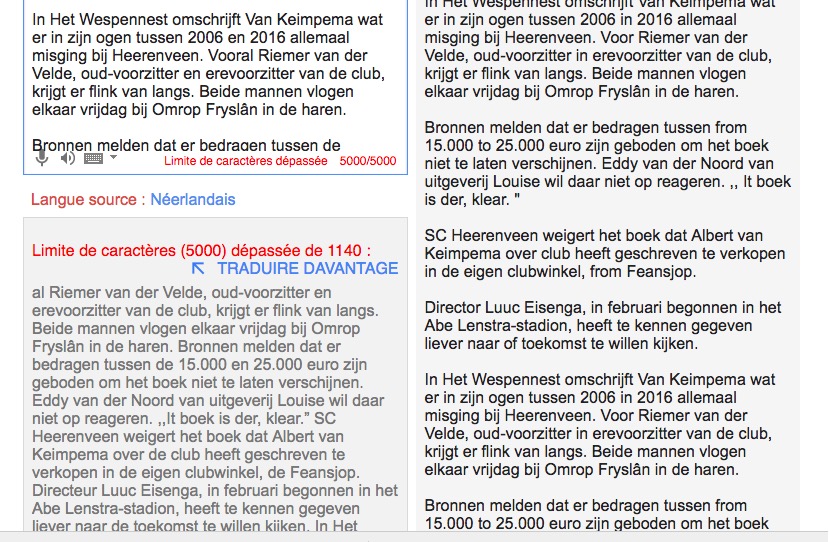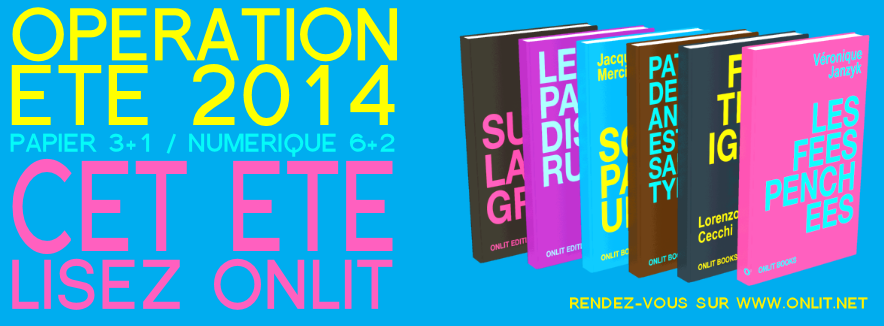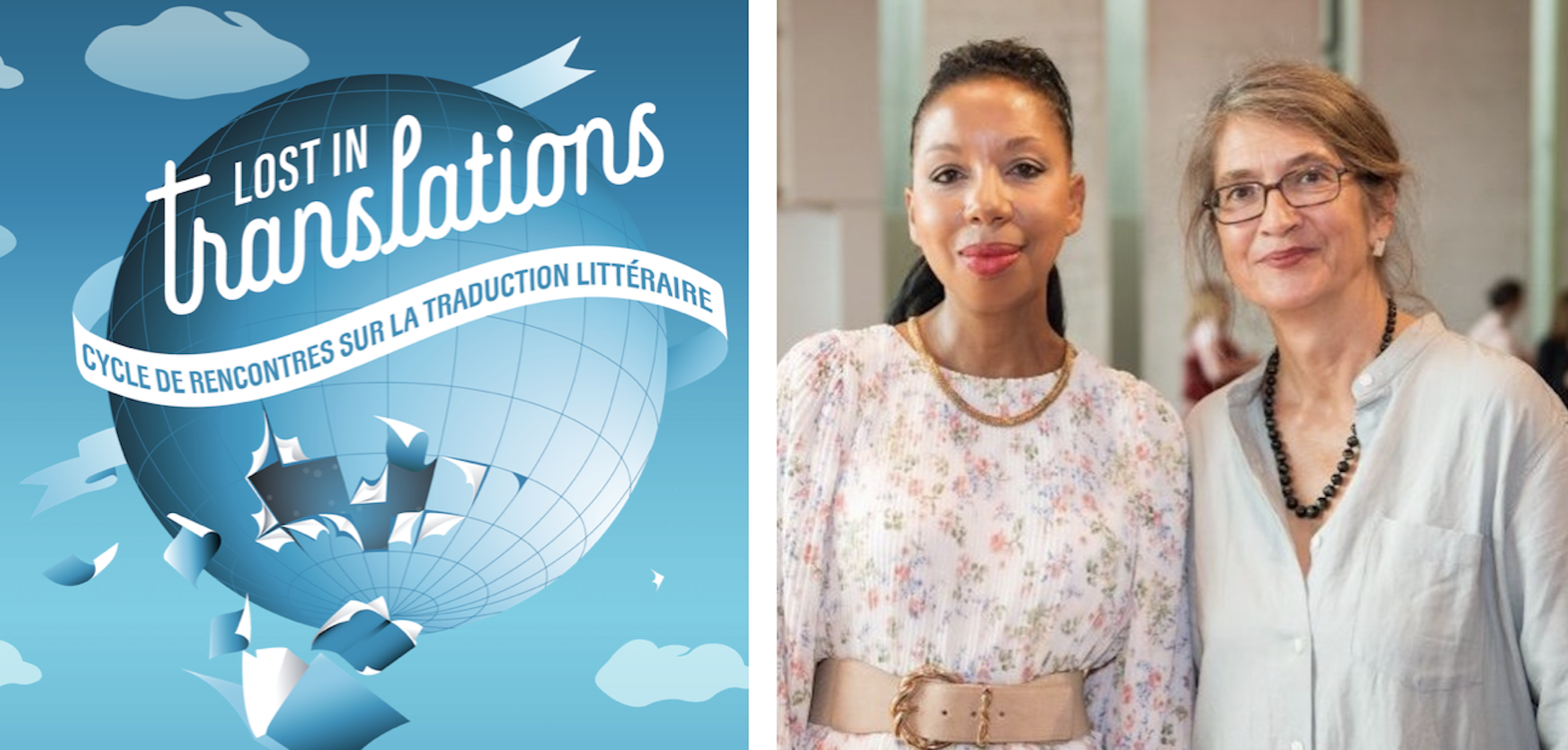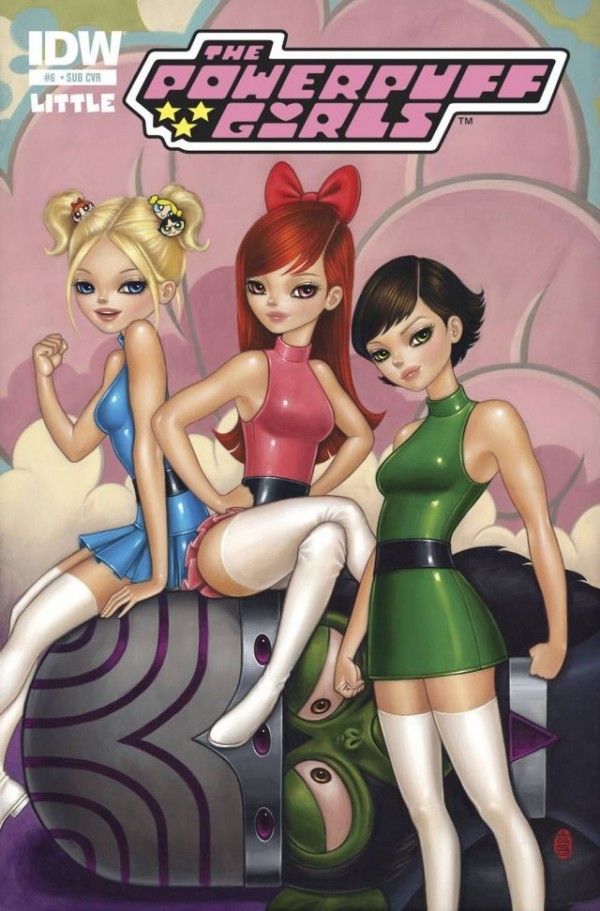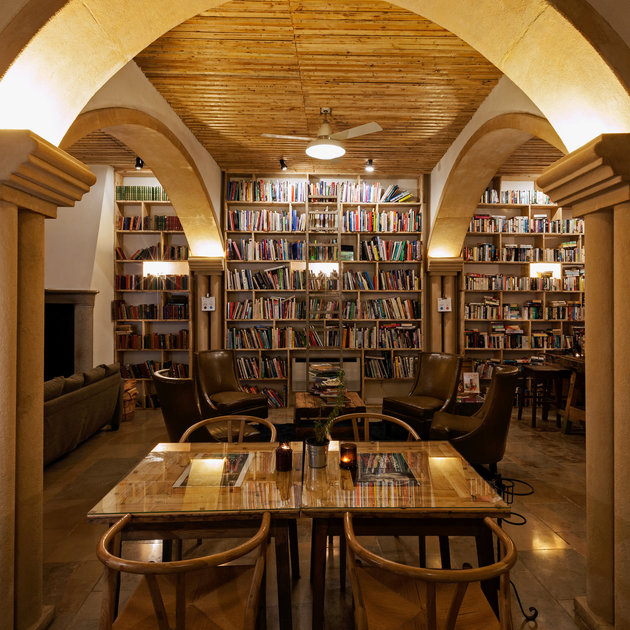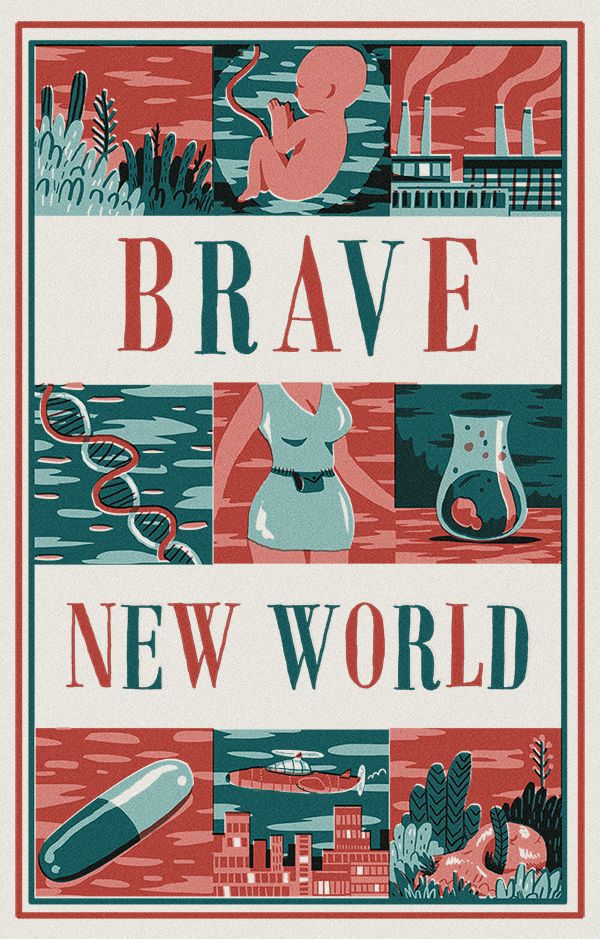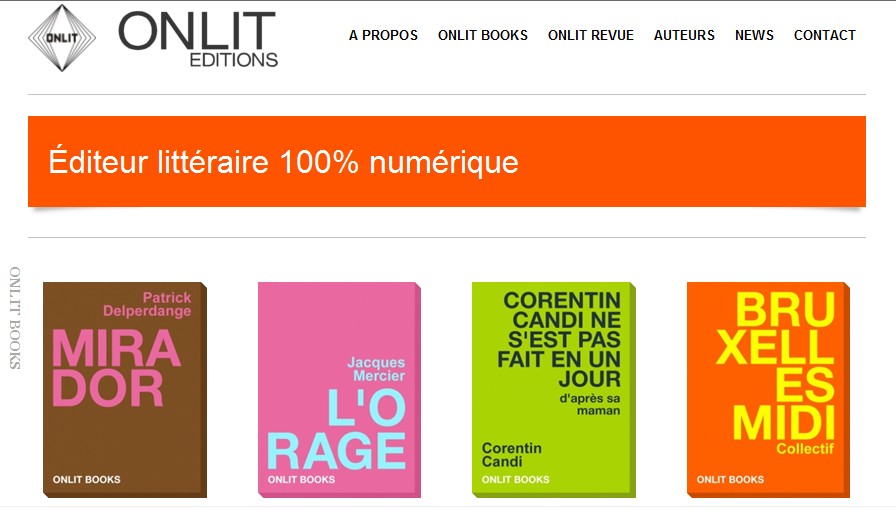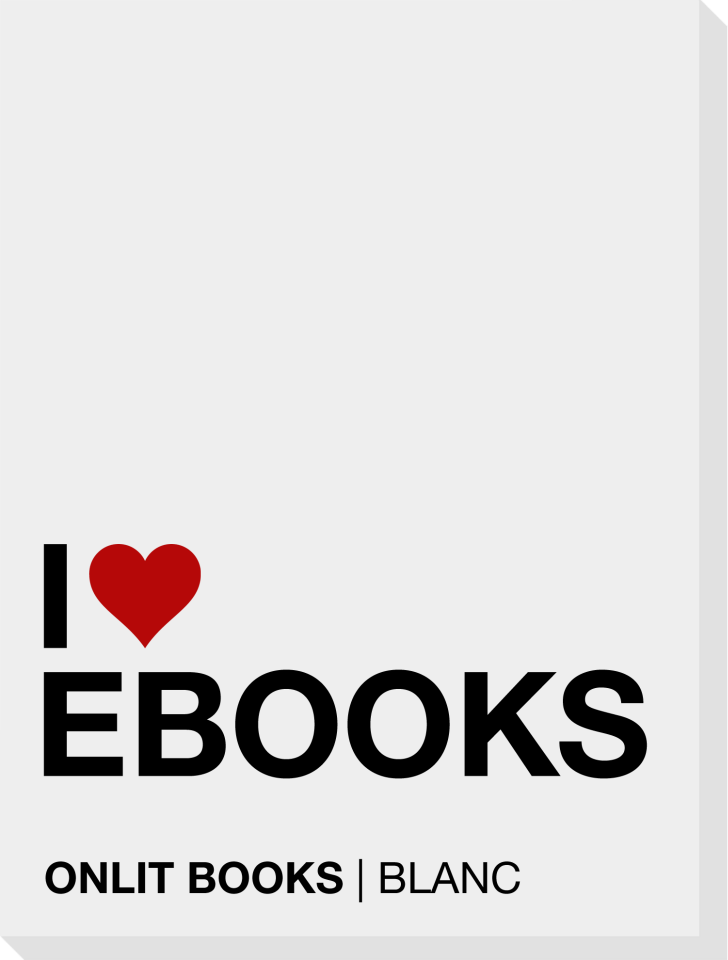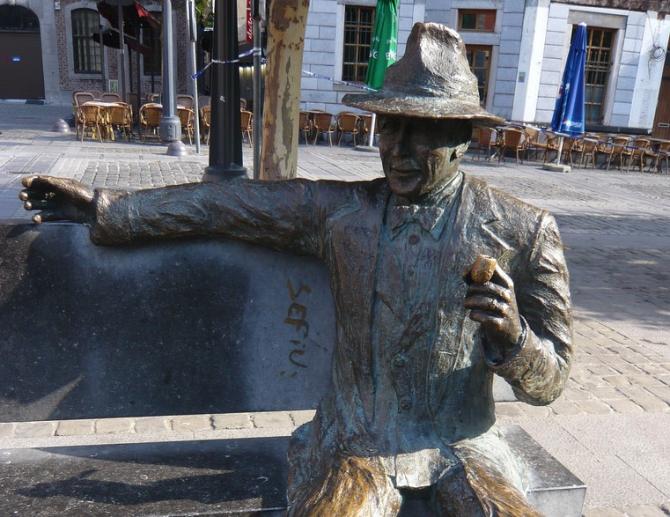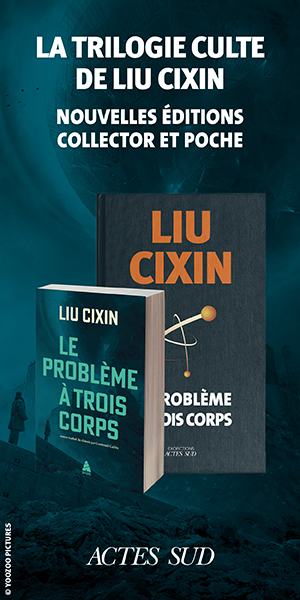ENLIT European Network for Literary Translation
Dossiers

La Fédération des éditeurs européens (FEE-FEP)
La Fédération des Éditeurs Européens (FEE, Federation of European Publishers ou FEP en anglais) est une association indépendante et à but non lucratif qui réunit plusieurs maisons d'édition de l'Union européenne et de l'Espace économique européen, par l'intermédiaire de 29 associations ou syndicats nationaux d'éditeurs. Créée en 1967, la fédération a pour principal objectif de conseiller et d'influencer les pouvoirs publics quant aux législations en vigueur dans le domaine du livre.
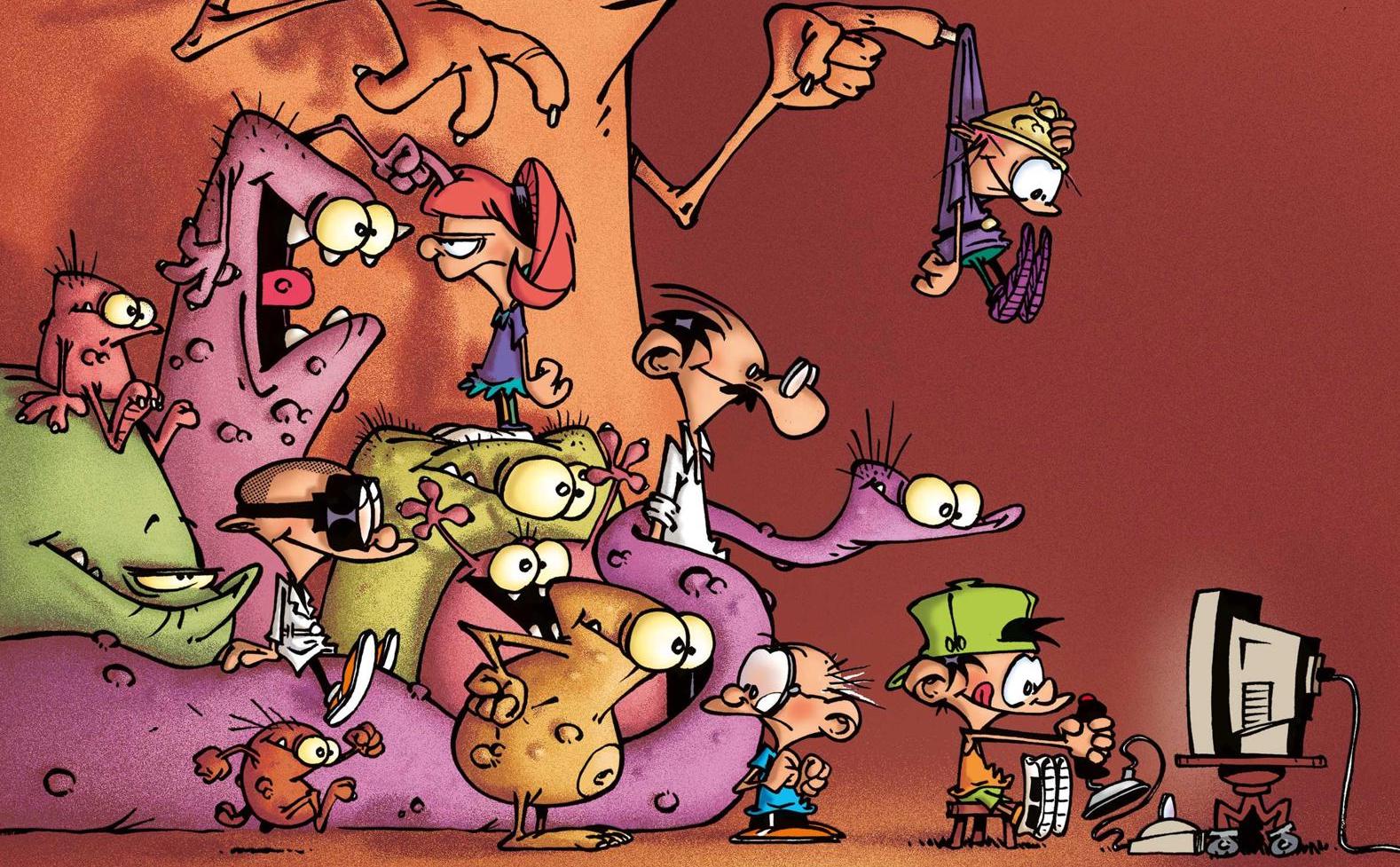
Midam et Kid Paddle : l'appel du blork plus fort que tout
Savez-vous capturer un Blork ? Utiliser au mieux un copy 2000 ? Ce que devient l'argent une fois glissé dans le fente d'un bouffe-fric ? Kid Paddle est là pour répondre à toutes ces importantes questions existentielles, à une époque où jeux vidéo, ordinateurs et autres CD-ROM dirigent les loisirs des enfants... et des adultes.

Le trône de fer : les livres de la saga A Song of Ice and Fire de George RR Martin
Le trône de fer est une immense saga d’héroïque fantasy qui s’inspire de la série des Rois maudits de Maurice Druon. C’est au début des années 1990 que Georges R.R. Martin commence à écrire Le trône de fer, le premier volume est publié en 1996. En 2007, la chaine de télévision HBO acquiert les droits d’adaptations. L’auteur lui-même participe à sa production et écrit le scénario d’un épisode par saison.
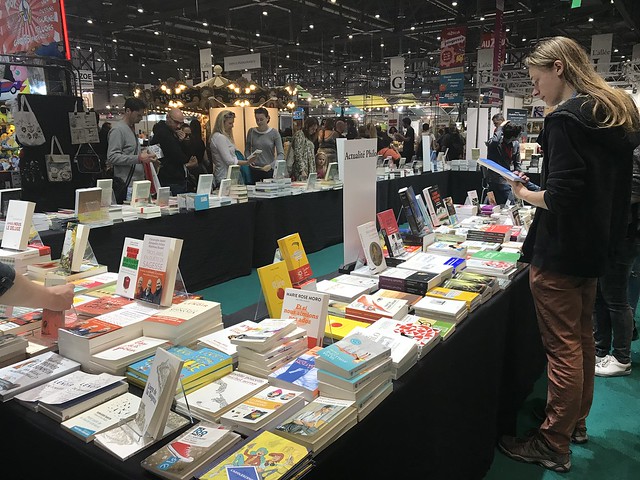
Salon du livre de Genève 2019 : la Belgique à l'honneur
La 33e édition du salon du livre de Genève se déroulera du 1er au 5 mai dans le Halle 2 de Palexpo. Sous la double présidence de Lydie Salvayre et Éric Fottorino, la manifestation littéraire accueille la Belgique Wallonie-Bruxelles, comme hôte d’honneur. Et dans le même mouvement européen, convie le patrimoine littéraire de Barcelone en ses murs.

Foire du Livre de Francfort 2019 : la Norvège à l'honneur
La Foire du Livre de Francfort 2019, 71e édition, se déroulera du 16 au 20 octobre. L'un des plus importants salons du monde du livre européen fera cette fois une place d'honneur à la Norvège. « The dream we carry », ou le « Le rêve que nous faisons », titre du programme mis en œuvre par le pays, promet beaucoup, et notamment des focus sur la liberté d'expression et sur les auteurs et livres féministes.

Essai littéraire : interroger le monde, en écrivain et écrivant
Il n’y a – fort heureusement – pas que la littérature dans la vie : on trouve des essais aussi. Des ouvrages qui pensent la société, s'appuyant sur les théories de la sociologie, de la philosophie, sur l'Histoire, l'ethnologie ou encore la psychanalyse, ils explorent un sujet avec une approche bien spécifique. Que serait Don Quichotte sans Lydie Salvayre pour redonner une énième vie à l'Hidalgo ?
Extraits
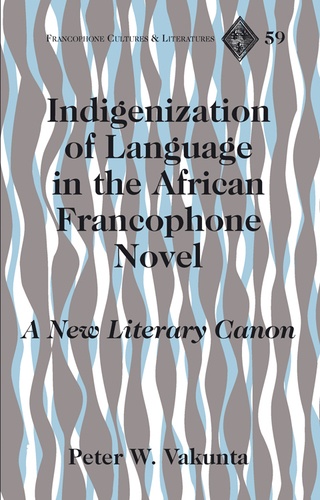
Littérature érotique et sentim
Indigenization of Language in the African Francophone Novel
12/2010
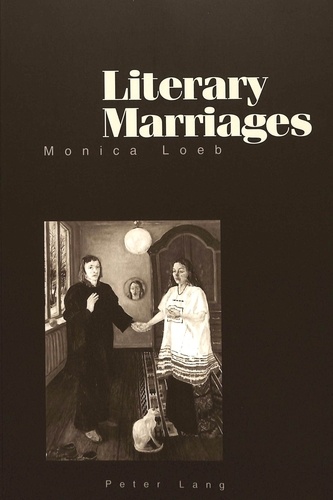
Non classé
Literary Marriages
12/2001
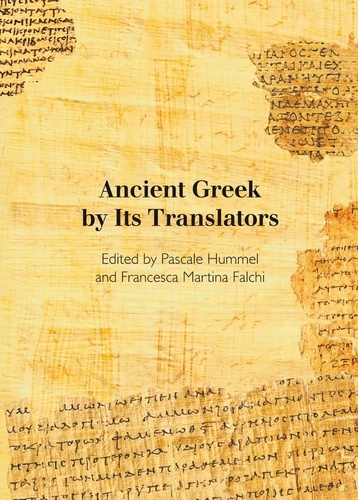
Critique littéraire
Ancient Greek by Its Translators
02/2022
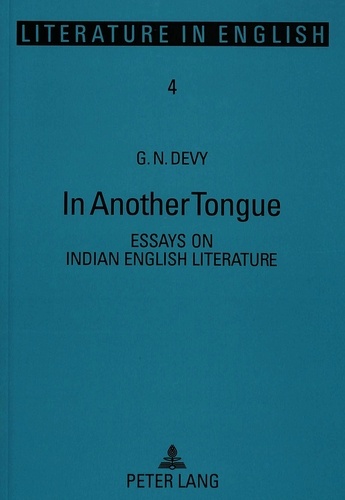
Non classé
In Another Tongue
06/1993

Non classé
Shakespeare's Reception in 18th Century Italy
06/1993
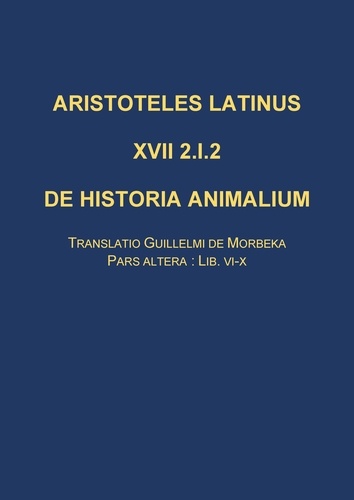
Aristote
De historia animalium. Translatio Guillelmi de Morbeka, Pars altera: lib. VI-X. Edition bilingue anglais-latin
05/2021

